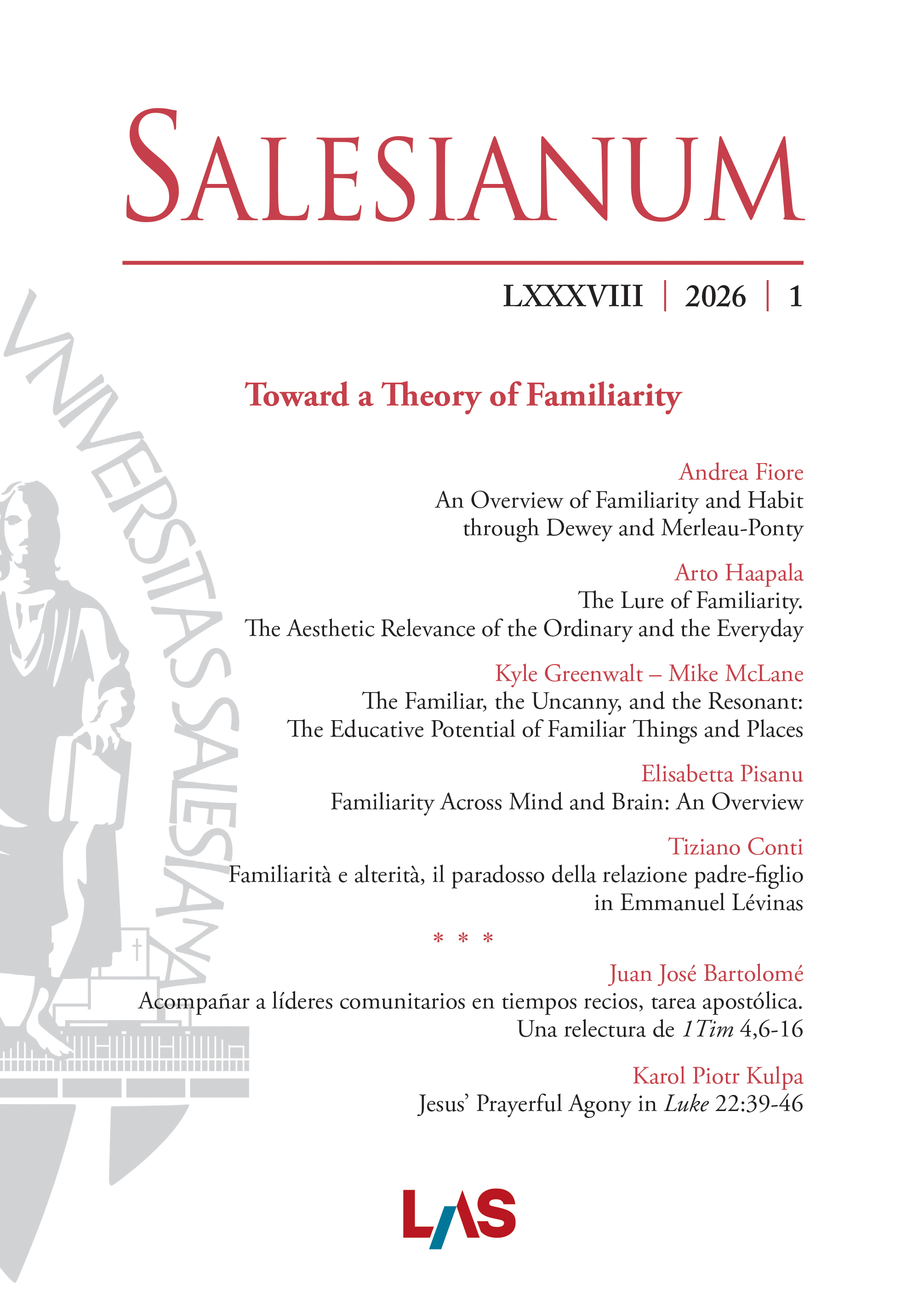Newman’s Grammar: A Reflection of Newman’s Apologia
Salesianum vol. 87 (2025) n. 3, 573-598
Sezione: Studia
Sommario
The rationalistic liberalism of the 19th century elevated human reason above divine revelation, thereby undermining the foundations of religious belief. In response, Newman, in his Grammar of Assent, proposes an alternative framework to liberalism in religion. He argues that certitude in religious matters (complex assent) is achieved not through strict logical deduction, but through the convergence of probabilities. This method applies to both natural and revealed religions as a way of arriving at religious certitude. This article presents Newman’s Grammar of Assent as sufficiently concrete to address the challenges posed by the religious liberalism of the nineteenth century. While Newman provides various examples to demonstrate the adequacy of his theory, the most compelling evidence is found in his own life, particularly in his earlier work, Apologia Pro Vita Sua. The Apologia serves as a lived manifestation of the theory presented in the Grammar, illustrating how his concept of assent played a role in the development of his own religious belief. Thus, mining the Apologia offers valuable epistemological insights into Newman’s grappling with the theory of assent in relation to his personal religious journey.
Parole chiave
Assent | Liberalism | Illative sense | Inference | Apprehension | Religious belief
